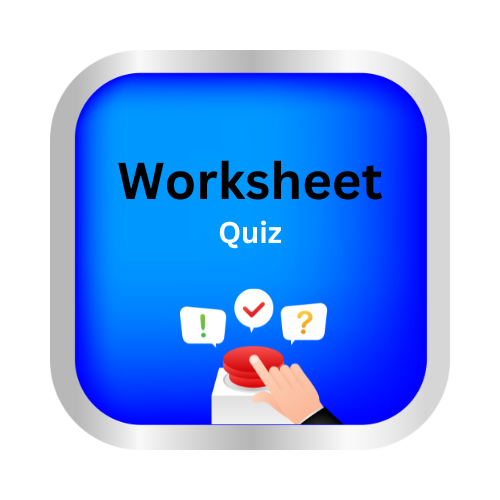Form and use the simple past, present and future tense
Key Notes :
📝 Form and Use of Tenses
| Simple Present Tense 🌞 |
Use:
- To talk about habits, daily routines, and facts.
Examples:
- I eat breakfast at 7 a.m. 🍳
- The sun rises in the east. 🌅
Form:
| Subject | Verb | Example |
|---|---|---|
| I/You/We/They | base verb | I play football. ⚽ |
| He/She/It | verb + s/es | She plays football. ⚽ |
Signal Words: always, usually, every day, often
| Simple Past Tense ⏳ |
Use:
- To talk about actions that happened in the past.
Examples:
- I watched a movie yesterday. 🎬
- She visited her grandma last week. 👵
Form:
| Subject | Verb | Example |
|---|---|---|
| All subjects | verb + ed (regular verbs) | They played in the park. 🏞️ |
| Irregular verbs | special past form | He went to the market. 🛒 |
Signal Words: yesterday, last week, ago, in 2010
| Simple Future Tense 🚀 |
Use:
- To talk about actions that will happen in the future.
Examples:
- I will study for the test tomorrow. 📚
- They will go to the zoo next week. 🦁
Form:
| Subject | Verb | Example |
|---|---|---|
| All subjects | will + base verb | I will visit my friend. 🏠 |
Signal Words: tomorrow, next week, soon, in the future
| ✅ Quick Tips to Remember Tenses |
- Present → happening now or always 🌟
- Past → happened before ⏳
- Future → will happen later 🚀
| 🎨 Fun Examples |
- Present: I ride my bike every day. 🚲
- Past: I rode my bike yesterday. 🚴
- Future: I will ride my bike tomorrow. 🌈

